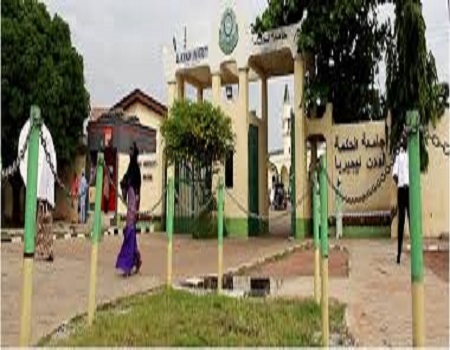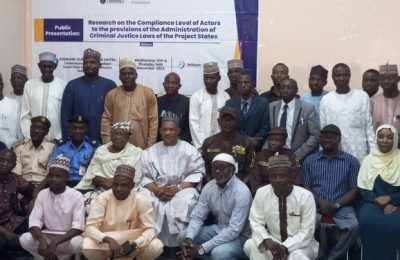Religious leaders in the country have been urged to acquire skills in digital ethics to better guide their communities on responsible technology use.
The recommendation was contained in a communique issued after a conference on ‘Social and Technology Development Architecture: The Role of Religion’ held at Al-Hikmah University, Ilorin, from November 3 to November 7, 2024.
The conference, organised by the Islamic Welfare Foundation (IWF), in conjunction with Al-Hikmah University, brought together eminent scholars, researchers, faith leaders, policymakers and students to explore the intersections of religion, technology and social development.

The communique, signed by the national coordinator of the IWF, Dr Hassan Kalejaiye, called on all stakeholders to work together to ensure that technological advancement serves humanity and uphold the dignity and welfare of all.
It said faith-based organisations should be encouraged to support digital literacy programmes, especially for youths and marginalised groups, to bridge the digital divide.
The communique said: “Religious groups should partner with government agencies, educational institutions and NGOs to promote inclusive social development and reduce inequality.
“Educational institutions, especially those with religious affiliations, should incorporate ethical considerations and religious perspectives into STEM (Science, Technology, Engineering and Mathematics) curricula.

“Faith organisations and religious institutions should consider establishing ethics committees to address ethical issues in technology and social development.
“Religious bodies are encouraged to raise awareness about data privacy and advocate for policies that protect individual rights in the digital age.
“Religious institutions should engage with policymakers to create legislation that addresses ethical issues in technology and promotes social justice.
“Faith organisations should empower youths to use technology responsibly to create positive social change, encouraging innovation aligned with ethical values.
“Religious institutions should engage in interfaith dialogues to address global technological challenges collectively, promoting unity and mutual understanding.”
Through presentations, workshops and discussions, participants examined the transformative potential of religious values in shaping sustainable technological and social frameworks for the 21st century.
The conference focused on the role of religion in addressing contemporary challenges posed by rapid technological advancements, the need for ethical standards in technology development and the importance of fostering inclusive social growth.
Key issues included ethical technology use, the digital divide, social inclusion, and strategies for sustainable development anchored on religious teachings.







